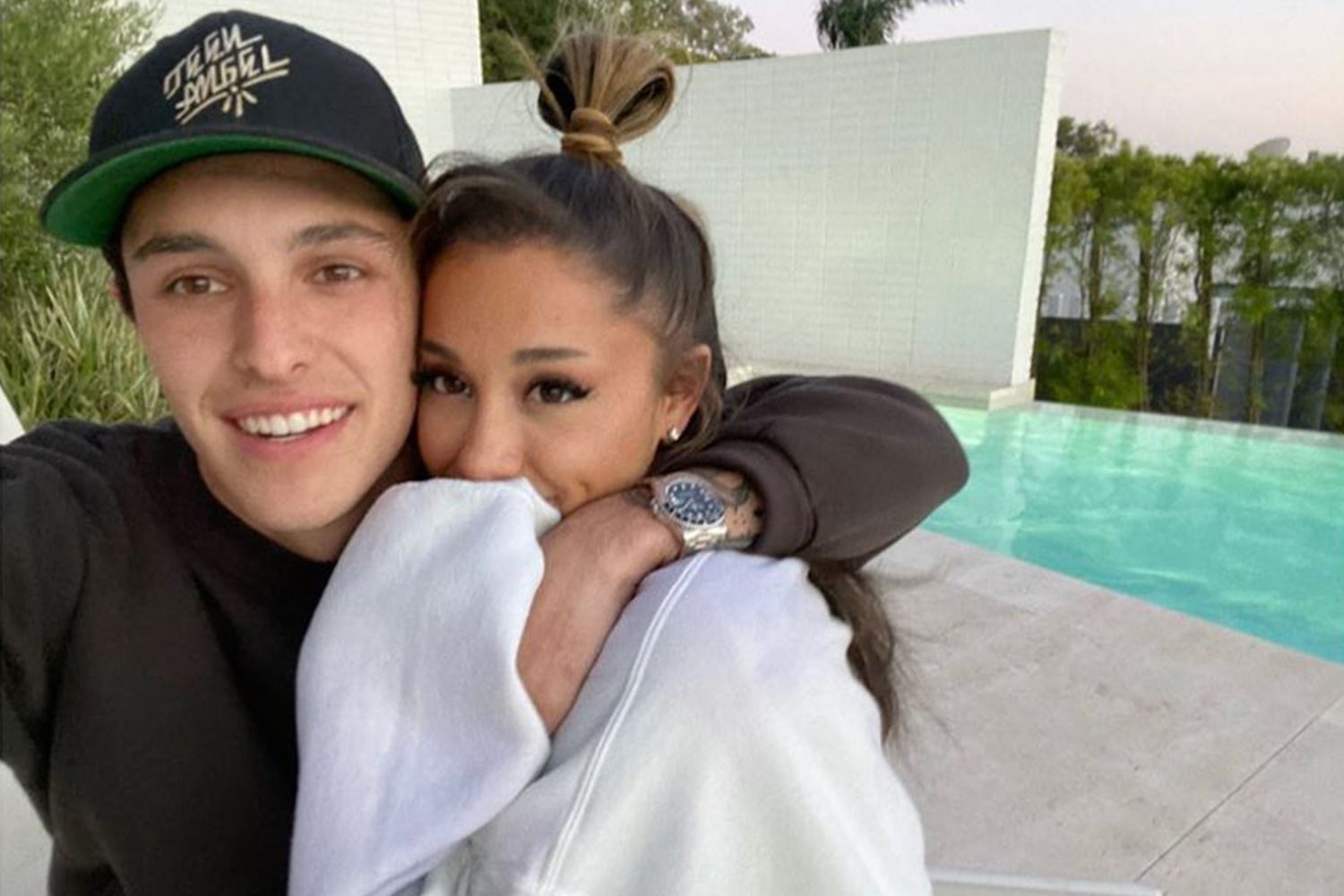Domestic Abuse Survivor Works to Help Women and Kids as Cases Skyrocket During Pandemic

For Kirby Banks, the emails are heartbreaking and painful to read. Since March, the messages arrive weekly.
Some are from women desperate to find room in a shelter where they can escape their abusive husbands. Others are anxious to get a protective order against their violent spouses, and worried over how the pandemic is causing backlogs at local family courts.
For Banks, each email stirs up painful memories.
“Their words bring it all back to me, especially the sense of desperation and isolation,” Banks, who co-founded the group Voices of Acadiana in 2019 after years of beatings and sexual abuse by her former husband, tells PEOPLE in this week's issue. “I felt alone for so many years. I want to change that for these women, so they don’t have to endure what I did.”
Since March, the 34-year-old mother of three from Lafayette, Louisiana has watched in alarm as the rate of domestic abuse incidents across the state — and the nation — has skyrocketed.
Domestic violence already affects one in three women (and one in four men) across the nation.
But the COVID-19 outbreak and the subsequent psychological and economic pressures — where victims often find themselves trapped in lockdown situations with their abusers — has made a horrible situation even worse.
“There are a lot of people who want help, but are unable to reach out,” says Margo Lindauer, director of Northeastern University’s Domestic Violence Institute. “Calls to hotlines and 911 are up, which isn’t surprising because in times when familial, health and economic stress is exacerbated in relationships that are already violent, the severity of violence escalates.”
For more on Kirby Banks and domestic violence amid the pandemic, pick up the latest issue of PEOPLE or subscribe here.
With domestic violence rates in Baton Rouge, the state’s capital, reportedly increasing by more than 700 percent over last year, Banks — who knows firsthand how abusers depend on their victims to stay quiet — is determined to use her voice to empower others.
“We want to break the silence,” says Banks, who raises awareness about the issue through her group’s popular blog and Facebook page, and their nearly 5,000 followers.
“And it’s more important now than ever because of the isolation that’s going on due to COVID," adds Banks. "It really is a pandemic within a pandemic.”
If you are experiencing domestic violence, call the National Domestic Violence Hotline at 1-800-799-7233, or go to thehotline.org. All calls are toll-free and confidential. The hotline is available 24/7 in more than 170 languages.
Source: Read Full Article






